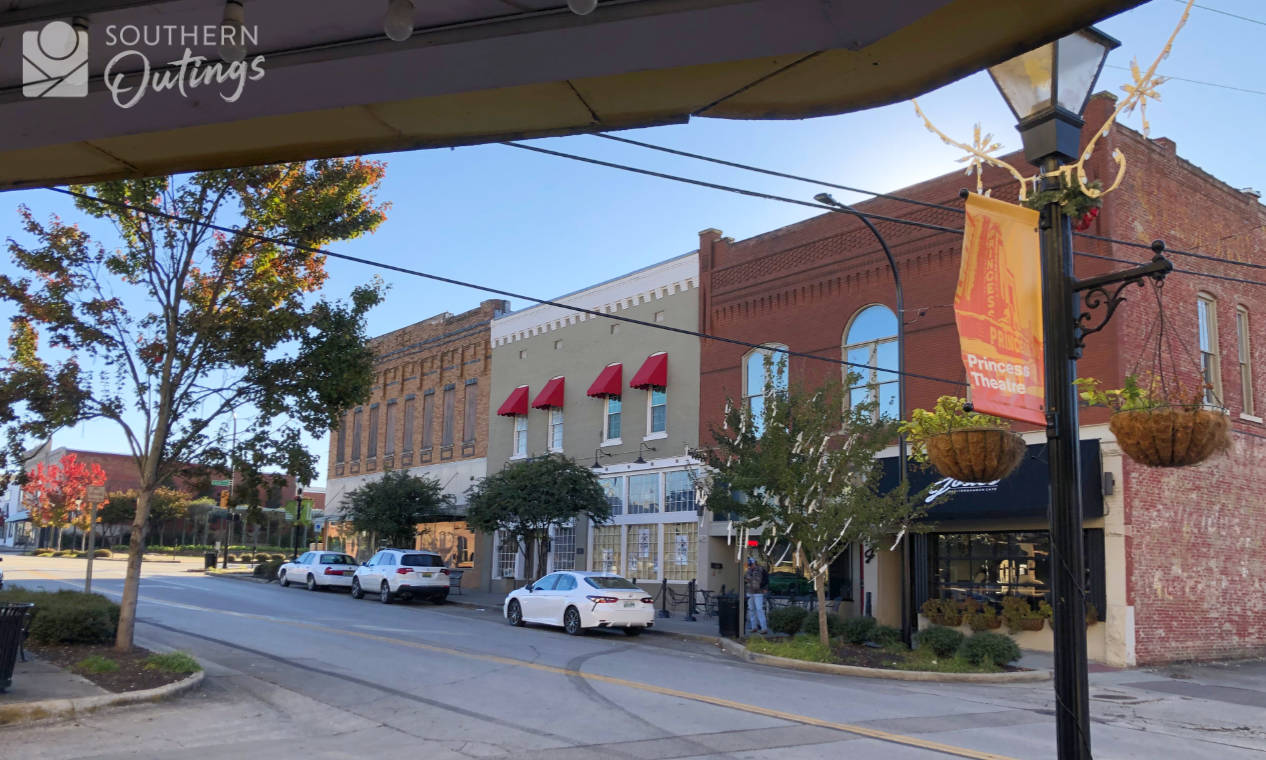Sales: According to the Etowah-Cherokee Association of Realtors, September residential sales in the Gadsden area decreased 3.7% year-over-year from 109 to 105 closed transactions. Following seasonal trends, sales increased 2.0% from August. Sales are now up 9.1% year-to-date. Two more resources to review: Quarterly Report and Annual Report.
For all of the Gadsden area’s housing data, click here.
Inventory: September listings (179) decreased 3.8% from August and declined 15.6% from one year ago. At the current sales pace, all the active inventory on the market would sell in 1.7 months, down from 1.8 months in August and down from 1.9 in September 2020. The equilibrium point where buyers and sellers have roughly equal bargaining power is 6 months of supply.
Pricing: The area’s median sales price in September was $191,000, an increase of 9.2% from one year ago and an increase of 9.1% from August. The differing sample size (number of residential sales of comparative months) can contribute to statistical volatility, including pricing. ACRE recommends consulting with a local real estate professional to discuss pricing, as it will vary from neighborhood to neighborhood.
Homes sold in September averaged 34 days on market, 39 days faster than September 2020.
Forecast: September sales were 2 units, or 1.9%, below the Alabama Center for Real Estate’s (ACRE) monthly forecast. ACRE projected 107 sales for the month, while actual sales were 105 units. ACRE forecast a total of 908 sales in the area year-to-date, while there were 860 actual sales through September, a difference of 5.3%.
NAR Commentary: According to the National Association of Realtors (NAR), existing home sales rebounded in September, rising 7% from August (seasonally adjusted annual rate). However, September sales decreased 2.3% from one year ago. The median sales price for all housing types was $352,800, rising 13% year-over-year and marking 115 consecutive months of year-over-year gains. Rising home prices are largely a result of low housing inventory amid sustained demand. Supply retreated slightly in September, down 0.8% from August 2021 and down 13% from one year ago. September’s 2.4 months of supply (MOS) decreased 7.7% from August and down from 2.7 MOS in September 2020.
Lawrence Yun, chief economist for NAR said, “Some improvement in supply during prior months helped nudge up sales in September. Housing demand remains strong as buyers likely want to secure a home before mortgage rates increase even further next year.”
Yun added that inventory relief in sight saying, “As mortgage forbearance programs end, and as homebuilders ramp up production – despite the supply-chain material issues – we are likely to see more homes on the market as soon as 2022.”
First-time buyers represented 28% of all existing home sales in September, down from 31% one year ago. “First-time buyers are hit particularly hard by the historically high home prices as they largely do not have the savings required to buy a home or equity to offset such a purchase,” said Yun.
ACRE Commentary: Home sales in Alabama increased year-over-year (Y/Y) in September, rising 3.7% (seasonally unadjusted). Sales decreased 2.6% month-over-month, following historical trends as a small decline is expected from August to September. Sales are up 13.9% year-to-date, with another record year for home sales likely in 2021.
Home price growth is moderating somewhat with the statewide median sales price gaining 9.5% Y/Y in September, down from an average of 11.6% Y/Y during January-August 2021. The state’s housing supply decreased slightly (1.1%) from August, and listings are down 22.9% from one year ago. With sustained demand and steady inventory, months of supply tightened from 2.1 one year ago to 1.6 in September. Listings are also expected to gradually increase in the coming months with higher home prices bringing more potential sellers to the market.
Click here to view the entire monthly report.
The Gadsden Residential Monthly Report is developed in conjunction with the Etowah-Cherokee Association of Realtors to better serve area consumers.
Editor’s Note: All information in this article reflects data provided to the Alabama Center for Real Estate for the time period September 1 – 30, 2021. Thus, the performance represented is historical and should not be used as an indicator of future results.





